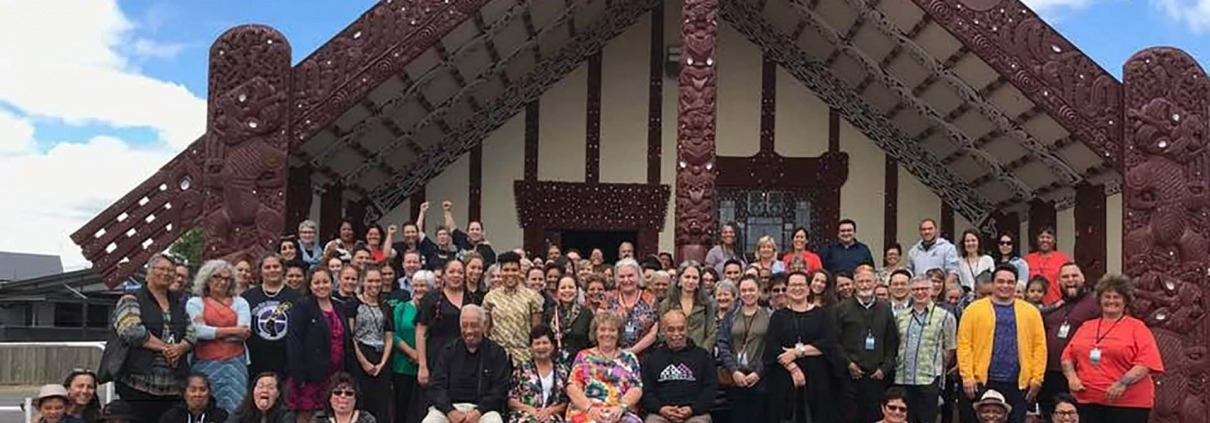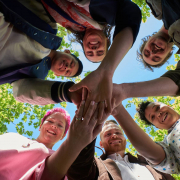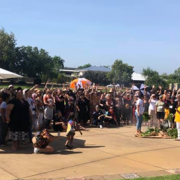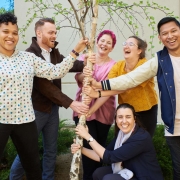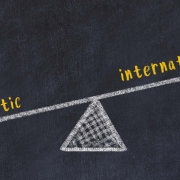Series on Indigenous evaluation- Connection and Community
This blog forms Part 2 of a 4 part blog series outlining the learnings and reflections of my two colleagues and I who were fortunate enough to attend the 2019 Indigenous Peoples Evaluation conference in Rorotura, New Zealand.
The conference was an inspiring and transformative experience for me, as a non-Indigenous person and evaluator. Having worked as a youth worker prior to entering into evaluation, I particularly resonated with the keynote speech given by Marcus Akuhata-Brown, who among many things, works with at-risk youth and young offenders. Marcus explored the topic of connection and its role in supporting young people and others when crisis occurs. The following is my short reflection, as a non-Indigenous person, on Marcus’s talk and it’s implications for evaluation and our society.
Stepping into the forest: Connection in community
Marcus used the analogy of a forest to explore the importance of connection in our society. He described the sensation of standing on the edge of a natural grown forest and stepping into it; feeling the sudden sensation of humidity and experiencing smells and sounds that you could not hear from the outside. This sensation can only occur as a result of the many interdependent and connected species surviving together and supporting each other as a whole. In contrast, Marcus compared this to stepping into a manufactured pine forest; with only a single species surviving neatly and independently. In the second instance you can smell a strong scent of pine but will not feel the same level of sensation that occurred in the first. Although the first forest is very complex and harder to understand when you look at the whole, you can appreciate a self-sustaining eco-system, which will survive for an incredibly long time with no human intervention.
This analogy is very powerful when reflecting on our own societies and the tendency, particularly in Western-dominated culture, to pursue objectivity, independency and scientific rationalism. Our desire to simplify, neaten things up and search for the absolute and independent truth results in a narrow understanding of communities and a separation of people from one another. Humans are complicated and communities are complex but what results is not something to shy away from; instead, it is something to embrace and work with to better our societies as a whole.
Connection as a support system
Marcus also reflected on his work with young people who have fallen into crisis. In situations where the young person is well connected to their community or ancestors, they have a support system and somewhere to go to heal and get back on the feet. I know from my own personal experience of working with young people experiencing homelessness that in the case of a young person who does not have this level of connection, they can easily fall through the gaps in society, become isolated and lack an attachment to life. The vast majority of the young people I worked with at the homelessness crisis accommodation were there due to a lack of family and community support. When things went wrong for them they had to cope with this alone and were not ready.
Marcus therefore urged the audience and our society to, “separate yourself from what separates you from others,” and to let go of the things that don’t allow us to connect to place, such as phones, the internet and televisions etc.

